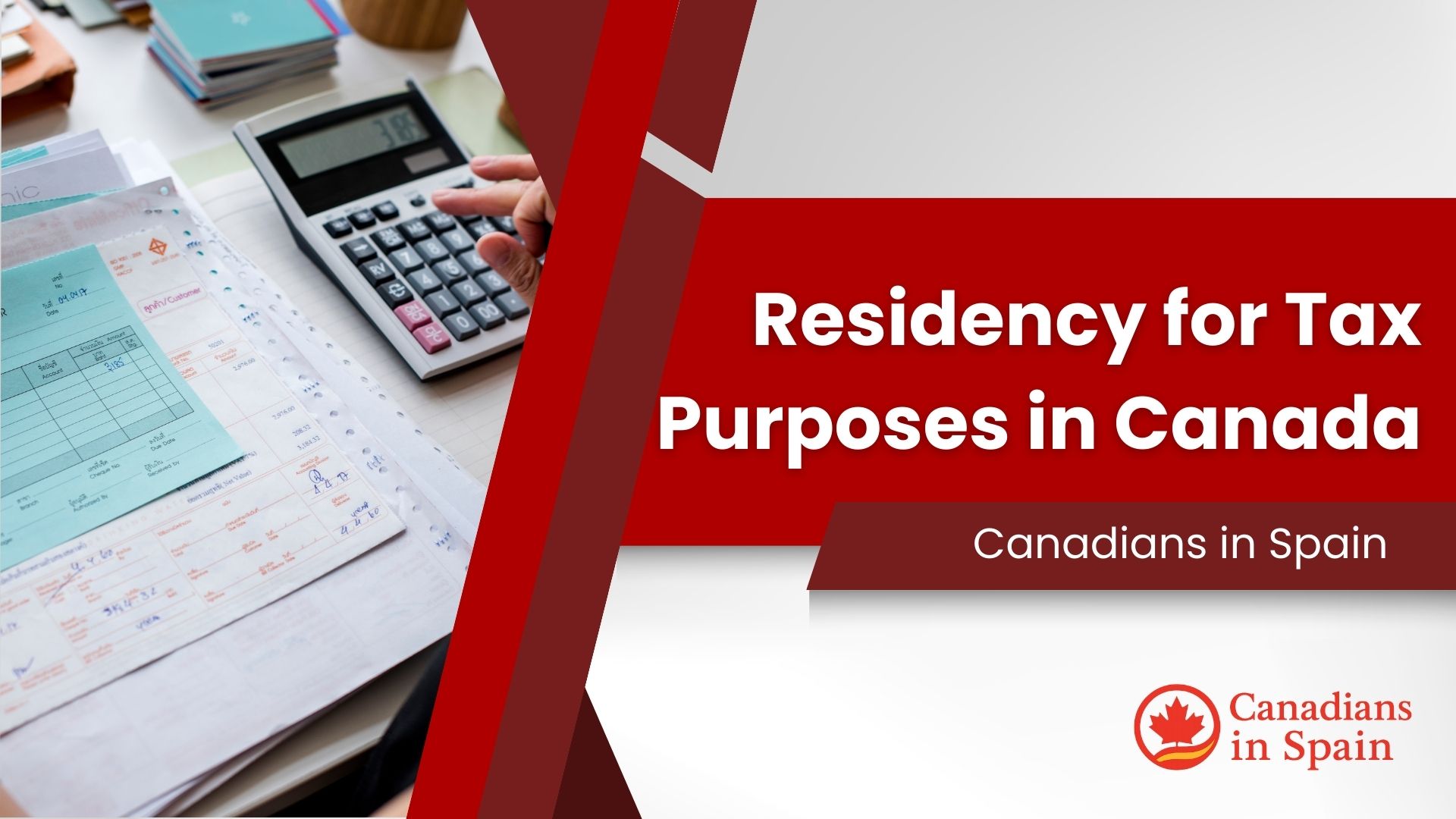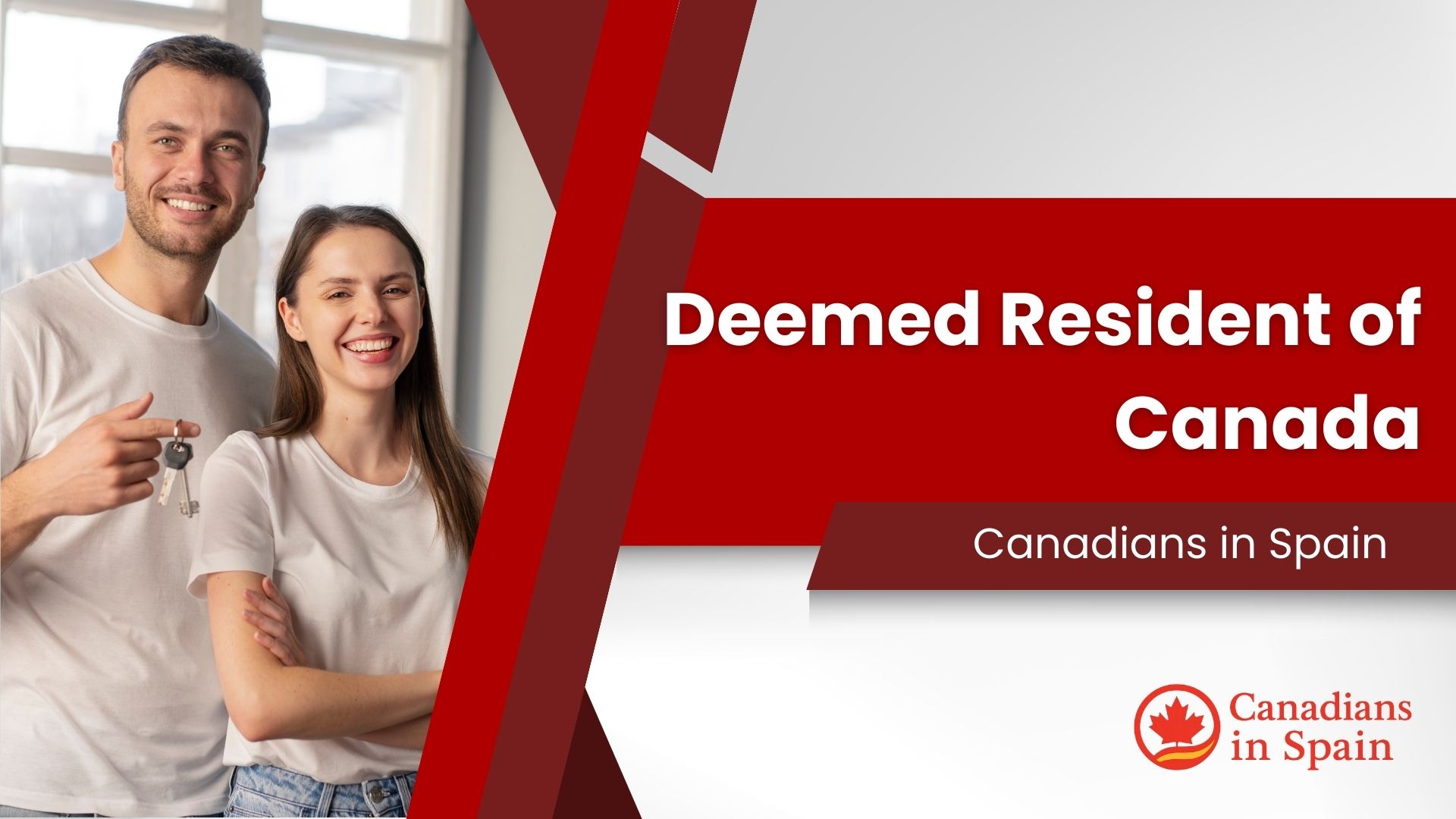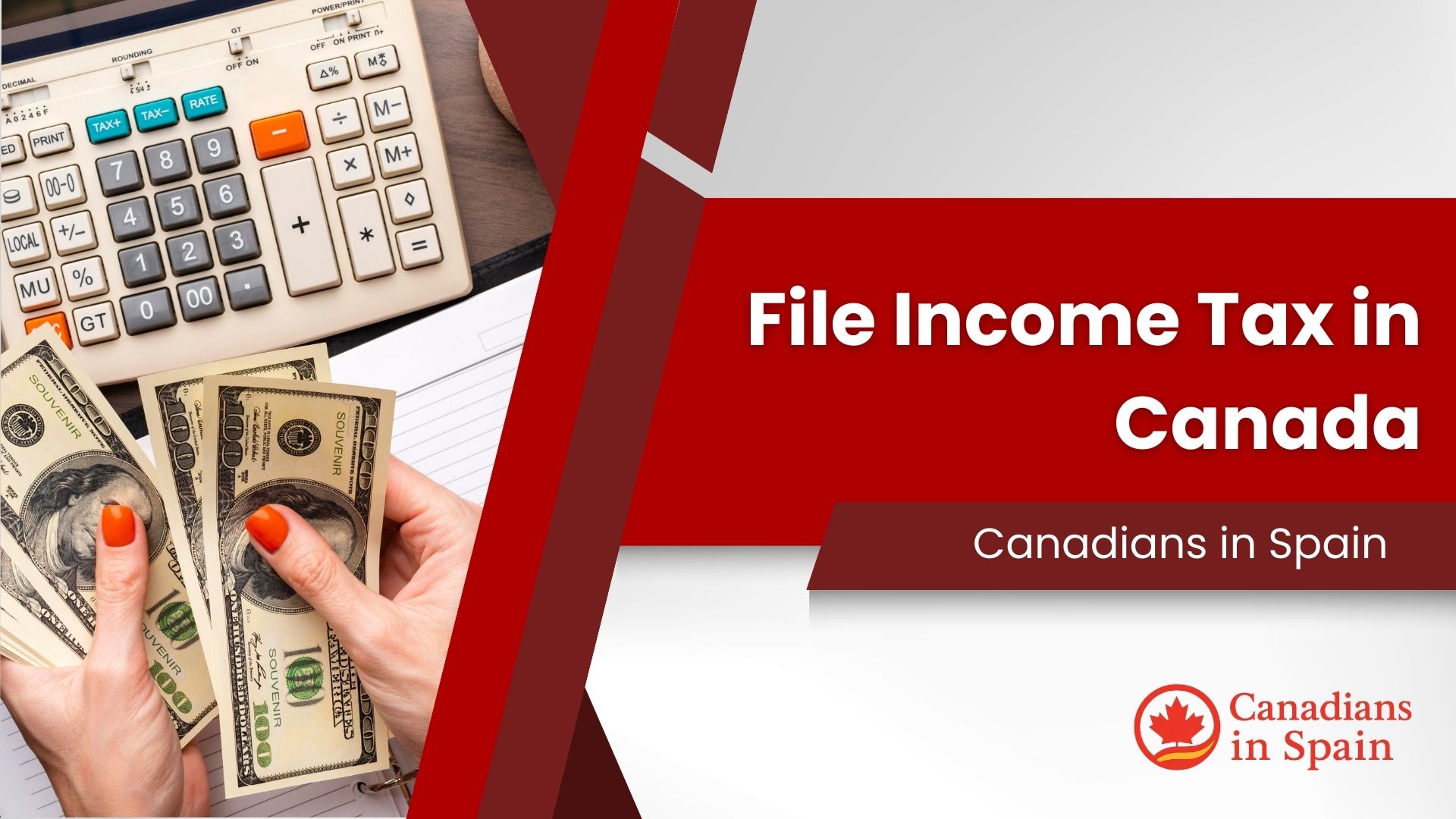The Definitive Guide: Understanding Residency for Tax Purposes in Canada
One of the most important yet confusing aspects of moving abroad as a Canadian is understanding your residency status. Many people assume that moving to another country automatically ends their tax obligations in Canada. But Canadian tax law makes a clear distinction between physical presence and residency for tax purposes in Canada.
This guide will help you understand the key differences, how the Canada Revenue Agency (CRA) determines your tax residency status, and what this means if you’re moving to Spain. Whether you’re a retiree or a remote worker, it’s critical to know how these rules affect your tax obligations.
What is Physical Residency vs. Tax Residency?
Physical residency refers to where you are physically located. Spain, for example, generally considers you a tax resident if you are physically present for more than 183 days in a year. However, Canada’s rules are different and more complex.
Your residency for tax purposes in Canada is based on your residential ties—your social, economic, and personal connections to the country. In simple terms, you can be physically living in Spain but still be considered a Canadian resident for tax purposes if your ties to Canada are strong enough.
How the CRA Determines Your Tax Residency
The CRA looks at two types of residential ties to determine your residency for tax purposes in Canada.
1. Significant Residential Ties
These are the most important factors, and having even one can be enough for the CRA to consider you a resident:
- A home in Canada: Whether it is owned or rented.
- A spouse or common-law partner in Canada.
- Dependents (e.g., children) remaining in Canada.
2. Secondary Residential Ties
These ties are considered collectively. While one alone may not be decisive, a combination of several can lead to a determination of residency:
- Canadian bank accounts or credit cards.
- A Canadian driver’s license.
- Provincial health coverage.
- Personal property left in Canada (like a car or furniture).
- Memberships in Canadian clubs or organizations.
For more detailed information, you can consult the CRA’s official page on Determining your residency status.
The Departure Date: When Your Tax Residency Officially Ends
If you intend to become a non-resident, you must formally sever your residential ties. The date you cut your significant ties is considered your departure date. You do not become a non-resident automatically just by spending less time in Canada. If you maintain strong ties, you may still have residency for tax purposes in Canada.
What Happens if You Are Still a Tax Resident of Canada?
If the CRA considers you a resident, you must:
- Continue to file Canadian income tax returns annually.
- Report your worldwide income to Canada (including income earned in Spain).
- Pay Canadian taxes on that income.
In this scenario, you may face double taxation, which is managed through the Canada-Spain Double Taxation Agreement (DTA).
What Happens if You Become a Non-Resident?
Once you are deemed a non-resident for tax purposes, your tax obligations in Canada become more limited. You will:
- Only pay Canadian tax on Canadian-source income (e.g., rental income, CPP, OAS, RRIF withdrawals).
- No longer report foreign income (e.g., income earned in Spain).
- Be subject to non-resident withholding tax, typically 15% to 25%, on certain Canadian income.
You must file a departure return in the year you leave and may also be subject to the “exit tax” (deemed disposition of assets).
The Role of the Canada–Spain Tax Treaty
Fortunately, Spain and Canada have signed a Double Taxation Agreement that helps avoid being taxed twice on the same income. The treaty also includes “tie-breaker rules” to determine your primary country of residence if both countries consider you a resident. These rules look at your permanent home, center of vital interests, and nationality. This is a critical component for anyone navigating residency for tax purposes in Canada while living abroad.
What to Do Before Moving to Spain
If you want to become a non-resident for tax purposes in Canada, you should take clear steps to sever your ties:
- Sell or rent out your Canadian residence to an arm’s-length party.
- Close unnecessary Canadian bank accounts.
- Cancel or suspend your provincial health coverage.
- Move your family and dependents with you.
- Inform the CRA of your departure on your final tax return.
Frequently Asked Questions (FAQ)
What is the difference between a “factual resident” and a “deemed resident”?
A factual resident is someone who maintains significant residential ties to Canada, even while living abroad. A deemed resident is someone who may not have significant ties but is considered a resident by law (e.g., by staying in Canada for 183 days or more in a year). Both have full residency for tax purposes in Canada and must report worldwide income.
Is filing Form NR73 mandatory when I leave?
No, it is not mandatory. Form NR73, Determination of Residency Status is an optional form you can send to the CRA to request their formal opinion on your residency status. It can be useful if your situation is complex and you want certainty.
Can I keep my Canadian bank account and driver’s license after moving?
You can, but these are secondary residential ties. If you keep enough of them in combination with other factors, the CRA may argue that you have not sufficiently severed your ties to give up your residency for tax purposes in Canada.
If I become a Spanish tax resident, does Canada automatically stop taxing me?
No. Spain’s 183-day rule applies to Spanish tax residency, but Canada’s rules, which are based on residential ties, still apply. You must formally sever your ties and notify the CRA on your departure return to cease being a Canadian tax resident.
Can I be considered a resident of both countries at the same time?
Yes, it’s possible to be a “dual resident.” In this case, the tie-breaker rules in the Canada-Spain Tax Treaty are used to determine which country has the primary right to tax you as a resident. This is a complex area where professional advice is highly recommended.




